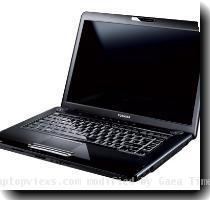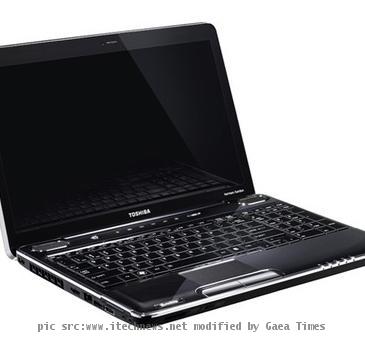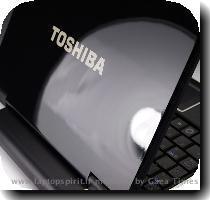Intel, FTC in talks to consider settling antitrust case
By APTuesday, June 22, 2010
Intel, FTC in talks to settle antitrust case
NEW YORK — Intel Corp. and the Federal Trade Commission are in talks to settle an antitrust case against the chip maker, a move that could make it more difficult for rival chip makers to pursue damages.
In December, the FTC filed charges against Intel, seeking to end what it described as decades of illegal sales tactics that have hampered competitors and kept prices for computer chips artificially high.
This week, the FTC and Intel agreed to suspend administrative trial proceedings as they work on hashing out a settlement.
A settlement would be at least a partial victory for Intel, said Robert Lande, director of the American Antitrust Institute at the University of Baltimore. If Intel loses in court, rival chip makers such as Nvidia Corp. would be able to pursue damages without having to again prove the antitrust charges. By contrast, settlements often come without any admission of wrongdoing.
“Once you’ve lost the case in federal court you can’t deny the charges anymore,” Lande said. “The only question is, ‘Did you hurt our clients and by how much.’”
Advanced Micro Devices Inc., a rival whose lobbying of regulators led to their charges, has quoted a manager from Toshiba Corp. comparing Intel’s payments for not using AMD’s chips to “cocaine.” In its 2005 lawsuit, AMD also quoted an executive from Gateway complaining that Intel’s threats of retaliation for working with AMD beat them “into guacamole.”
AMD settled the lawsuit with Intel last year, with Intel agreeing to pay AMD $1.25 billion and the companies entering into new, five-year cross-licensing deal.
But the FTC later filed its own complaint. It has said it seeks to change Intel’s behavior instead of fines, as the European Union and South Korea have imposed. Last year, Intel paid a record $1.45 billion fine to European regulators but the company is appealing.
The two sides have 30 days to reach an agreement. If not, the case will continue and go to trial before an administrative law judge in September.
The New York Attorney General’s office is also investigating Intel.
The FTC’s lawsuit contains the most wide-ranging allegations yet against Intel, the world’s largest chip maker. If the FTC wins, the case will have a broad impact because it affects two key markets dominated by Intel — central processing units used in personal computers and graphics chips.
The FTC accused Intel of strong-arming computer makers into exclusive deals, manipulating technical data to make its chips look more powerful than those from competitors and blocking rivals from making its chips work with Intel’s.
Intel, which disclosed the settlement talks late Monday, has disputed the charges and said it’s merely been offering discounts.
Shares of Intel, based in Santa Clara, Calif., rose 4 cents to $21.23 in midday trading Tuesday.
AP Business Writer Deborah Yao in Philadelphia contributed to this report.
Tags: California, Contracts And Orders, New York, North America, Santa Clara, United States


